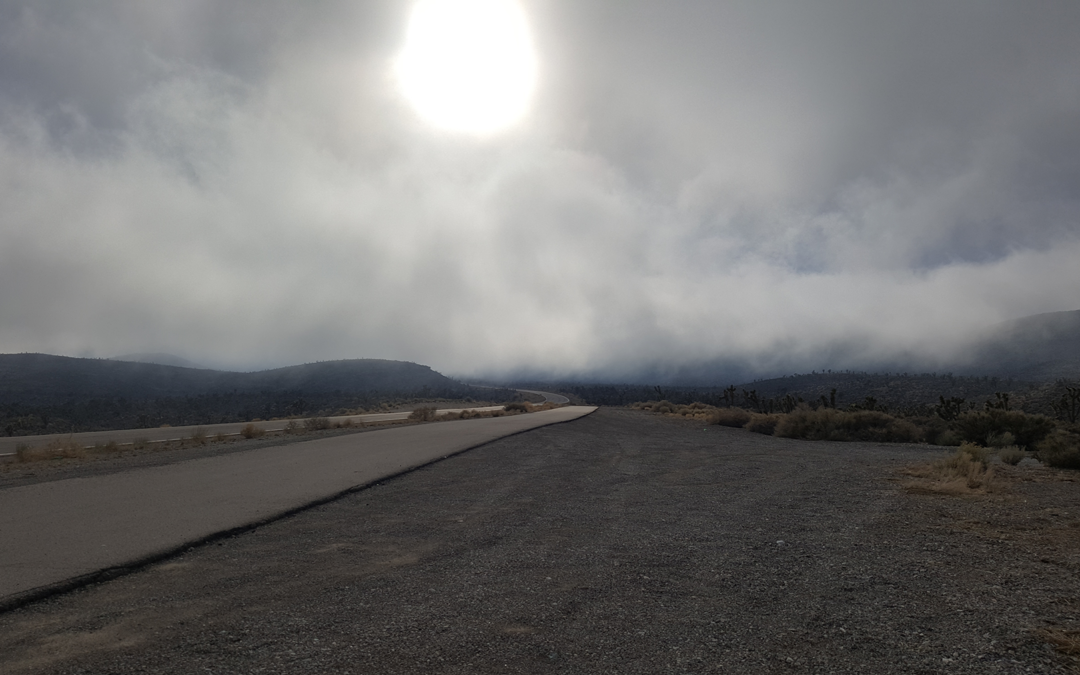Someone recently said to me …
You know, I understand that our history books were written one-sidedly, but how do we know what really happened? I’ve always wondered that.
I have no idea. I really don’t.
The British author, Neil Gaiman wrote about being an immigrant here and trying to figure this country out … he said, “On the one hand, there’s you, and on the other there’s America. It’s bigger than you are. You try to figure it out – something which it resists. It’s big enough, and contains enough contradictions, and it is perfectly happy not to be figured out.”
This country, with all its complex history and contradictions and good and not-so-good, is and will be forever, an unfathomable weird mess that our brains want desperately to make sense of, to categorize, to define and describe. And when we fail at that we make shit up.
That said, I believe that we can accept that all the big things happened. It’s the details where it gets mucky and murky…
When we recognize that the stories are much more complex than we were led to believe, that’s our starting point. That’s when we open the door to meaningful doubt.
Who benefits from the dominant narrative is a good question to start with.
In school we were told that slavery once existed, but now it’s gone and everything is fine, and everyone is equal… And I ask you, who benefits from that version of the story? Who is harmed by it?
It’s not always easy to determine exactly who benefits (or more precisely — to admit who benefits), but it’s usually really easy to see who is harmed — and it’s generally not the white people.
We, as white people, need to get intimate with being really uncomfortable with our legacy, our inheritance…
We need to accept that our schools, churches, governments, social clubs and cliques, and perhaps most of all, our families, have perpetuated history as stories that are absolutely biased in our favor as whites… maybe unintentionally, but then again, maybe not…
And this aspect of white supremacy isn’t as overt as a stars & bars-waving neo-Confederate bitching and moaning about the sorry state of his world these days… it’s more insidious and even more perverse and it does far more damage than any one person can do, no matter what narrative they are espousing.
You see, we all have internalized these tainted stories to the point where we don’t ever question them, or even realize that we aren’t questioning them. We have absorbed the stories, and we perpetuate them, and we get all defensive over any examination of them – all while denying that we are them and they are us.
So, what now?
I think the best thing we can do, the only thing we can do, is to read and listen to a lot of diverse points of view… We need to get our news, our editorial content, and our history from many, many credible sources. And we need to continuously educate ourselves on how to determine the credibility of a source. And a good number of those need to be points of view that disturb us.
All that takes a lot of energy and time and effort. I know I do not have the time and energy to do as much of it as I should. So, knowing that I’m taking the easier way, I try to listen to others, to understand and have empathy for their pain, their joy, their needs, their hopes, and most of all, their fears. I try to listen without justifying myself – even inside my own mind.
I have decided to trust the validity of their stories.
When it comes down to it, it is important to accept that history happened in ways none of us can ever really know. It’s too big, there’s too many stories, too many details glossed over or left out. Too many lies told, too many misinterpreted actions coming from too many unknown motivations. History is unreliable in its particulars, and unknowable in its entirety.
Our task, our responsibility to ourselves, our children, our communities, and the world – in the face of this unknowable infinite tangle – is to become the very best person we can be. We can’t do that when we wrap ourselves in our false histories and shape our interactions with others in ignorance, in hate, in disdain, or apathy. Or fear…
And knowing what really happened in history probably isn’t as important as we think it is… especially if we are seeking ways to escape the consequences of things we didn’t do but still benefit from… certainly not if our desire for this exactitude is rooted in a search for absolution so that we can live comfortable, unperturbed lives.
Knowing that we don’t know leaves room for the consideration of other narratives. It opens the door for individual growth and perhaps eventually provides an avenue for societal change that benefits everyone.
We must commit to practicing intimate compassion in all our interactions with others.

